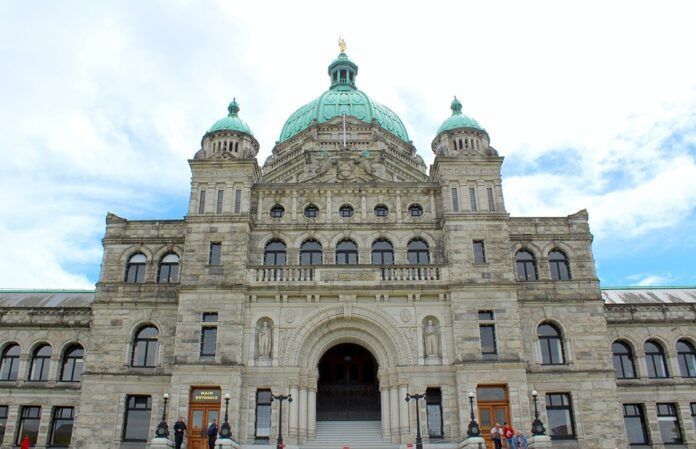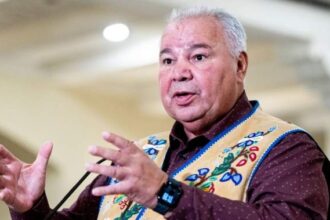In a significant move to address food sovereignty challenges, British Columbia has unveiled a $3.9 million investment supporting Indigenous communities across the province in their efforts to strengthen local food systems. This initiative comes at a critical time when rising grocery costs and climate-related disruptions are putting unprecedented pressure on traditional food access.
The funding, announced this week by Agriculture Minister Pam Alexis and Indigenous Relations Minister Murray Rankin, will bolster 61 community-led projects spanning diverse regions from coastal communities to interior nations. These initiatives range from traditional food harvesting programs to modern agricultural innovations, all designed with the unique needs of First Nations communities in mind.
“Access to culturally appropriate, affordable food isn’t just about nutrition—it’s about cultural preservation and community resilience,” said Minister Alexis during the announcement. “These investments recognize that Indigenous communities must lead the way in developing solutions that honor traditional food practices while building sustainable systems for the future.”
The funding comes through the Indigenous Food Systems and Security Grant program, which prioritizes projects that emphasize traditional ecological knowledge alongside contemporary food production techniques. Notable initiatives include the establishment of community garden networks, traditional food harvesting programs, and food preservation facilities that will serve multiple communities.
The Kitasoo/Xai’xais First Nation on BC’s central coast is among the recipients, receiving support for their innovative marine harvesting project that combines traditional practices with sustainable management approaches. Chief Councilor Doug Neasloss emphasized the importance of such initiatives: “Our people have always depended on the ocean for sustenance. This program helps us maintain those connections while ensuring our marine resources remain viable for generations to come.”
In the province’s interior, the Xatśūll First Nation (Soda Creek) will use their grant to expand community garden infrastructure and develop food storage systems that extend seasonal availability. “This isn’t just about growing vegetables,” explained community coordinator Sarah Thomas. “It’s about reconnecting our youth with the land and building skills that strengthen our food independence.”
Food security experts note that these initiatives arrive at a crucial moment. According to Statistics Canada, food costs have risen by nearly 17% over the past three years, with remote and Indigenous communities experiencing even steeper increases. Climate change has further complicated traditional food harvesting, with changing migration patterns and habitat disruption affecting Indigenous food sources.
The program specifically targets capacity building within communities, with approximately 40% of funded projects focusing on knowledge transfer and skills development. Many initiatives include mentorship components where elders work alongside youth to preserve traditional harvesting, preparation, and preservation techniques.
“What makes these projects powerful is their community-driven nature,” said Dr. Hannah Martin, Indigenous food systems researcher at the University of British Columbia. “Rather than imposing external solutions, this funding supports initiatives that communities themselves have identified as priorities, respecting Indigenous leadership in addressing their unique challenges.”
While the funding represents a positive step, some community leaders point to the need for sustained investment and policy changes that address systemic barriers to Indigenous food sovereignty. Land access, environmental protection, and regulatory frameworks still present challenges for many communities working to revitalize traditional food systems.
As communities implement these projects over the coming months, the true measure of success will extend beyond immediate food access to include cultural revitalization, knowledge transmission, and increased community self-determination. For many participating nations, these initiatives represent an important step toward reclaiming control over their food systems and strengthening resilience against future challenges.
As climate uncertainty and economic pressures continue to reshape our relationship with food, could these Indigenous-led approaches offer valuable lessons for building more sustainable and culturally responsive food systems for all communities?














